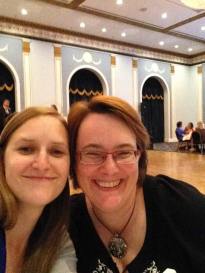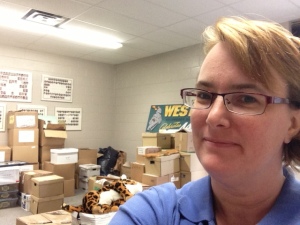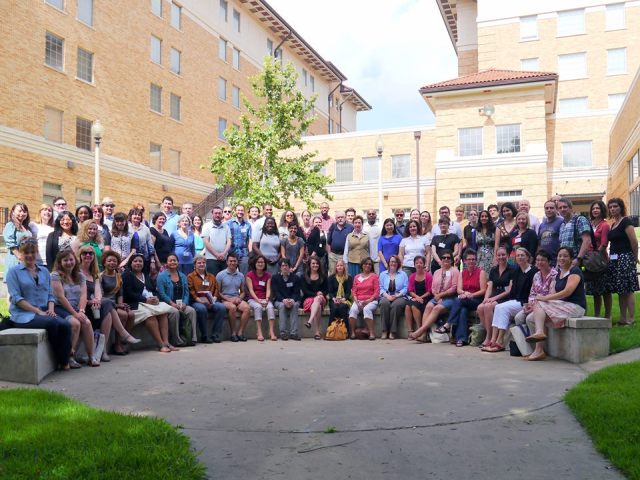In 2013, I was fortunate to attend my first Archival Education and Research Institute conference in Austin, Texas. It was a fantastic experience, and after discussing grand challenges to archival education and research, we were encouraged to consider collaborating with peers to tackle some of these challenges. The contacts I had made then would become frequent participants in discussions (online), while we tried to figure out what we were going to focus on in a collaborative project.
Earlier this year, Christopher Colwell, a Doctoral Candidate at the School of Communication, from the Faculty of Humanities and Social Sciences at the University of Technology of Syndey. We presented our paper today at the 2016 AERI conferene at Kent State University, in Ohio. Our paper addresses perceptions of the continuum model, through the lens of National (Canada and Australia) Recordkeeping Frameworks, and the implications for recordkeeping culture within government. We received good feedback – all positive – and even better, suggestions to move the project forward.
In terms of panels I was fortunate to attend, one panel stands out. The three speakers spoke on topics of social justice, specifically on the Black Lives Matter movement. I count myself as an ally to this movement, and I am thrilled to see my colleagues engaged in the discussion.
AERI 2017 will take place in Toronto, Ontario, and I can’t wait. The AERI community is filled with researchers who engage in inspiring research, and invigorating discussions on grand challenges to critical archival research. After this short respite from writing, I now head back into drafting my final chapters, with thoughts of postdoctoral program applications on the back burner for now.
 love conferences, the networking, the presentations, getting to see old friends, meeting new friends – all of us, colleagues in the profession of managing information. It was particularly lovely to enjoy meeting up with Tania Aldred at the dinner/dance. We had a great time seeing Regina, and discovering the downtown lake, which was absolutely stunning.
love conferences, the networking, the presentations, getting to see old friends, meeting new friends – all of us, colleagues in the profession of managing information. It was particularly lovely to enjoy meeting up with Tania Aldred at the dinner/dance. We had a great time seeing Regina, and discovering the downtown lake, which was absolutely stunning.
